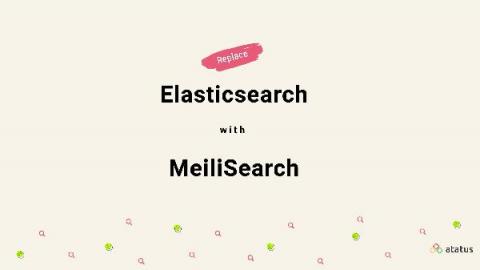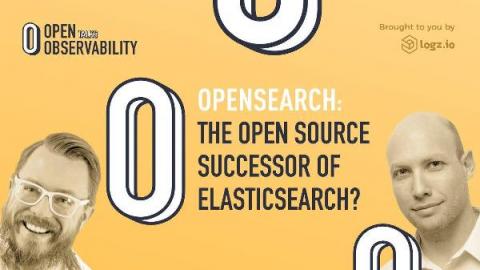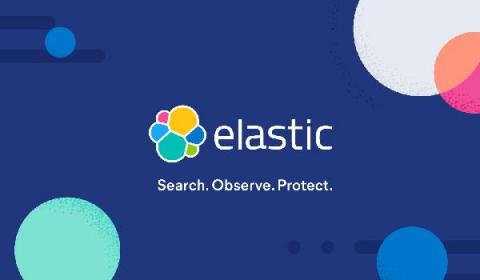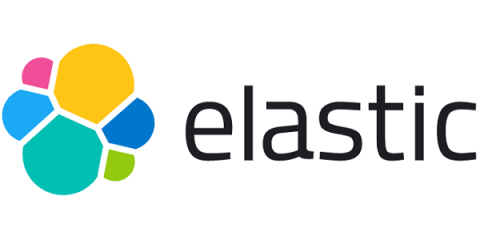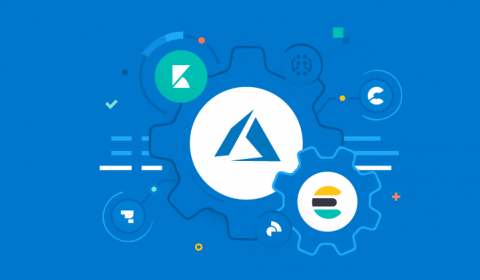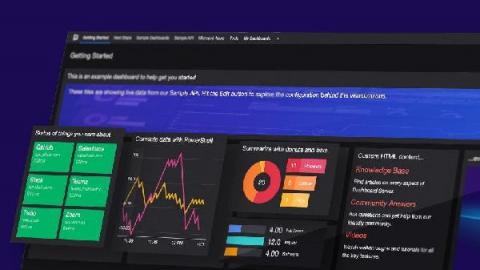Replace Elasticsearch with MeiliSearch
Data is everywhere and there is no doubt that the datasets we now spans gigabytes easily. We live in a data-rich world. Everyone is on the internet and getting meaningful information from queries this data set is critical. Most of the time they get overwhelmed with the data and have trouble finding what they are looking for. Here comes the Search Engines which is designed to search for websites on the internet based on the user's search query.


